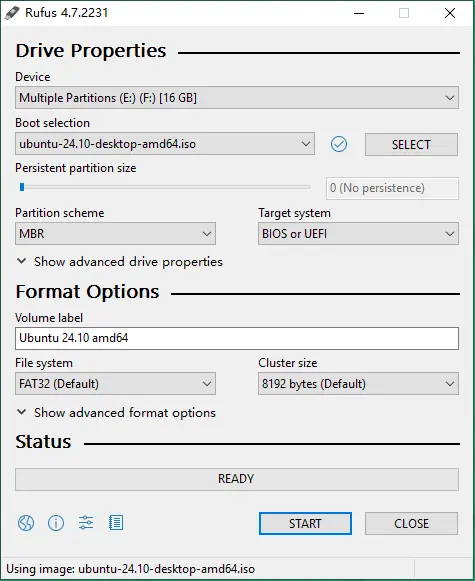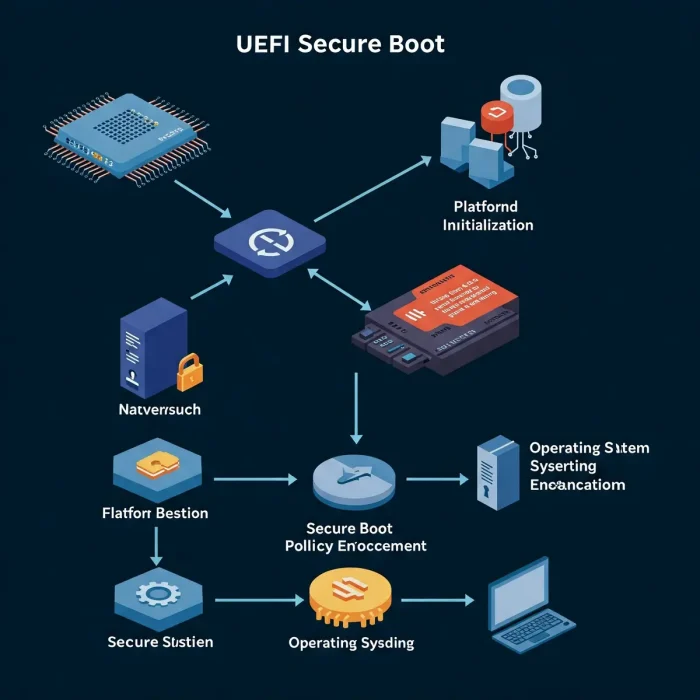Rufus, the popular free open-source app to create bootable USB flash drives or Live USBs, released new 4.7 version last night with new features.
Rufus, stands for The Reliable USB Formatting Utility with Source, is a Windows only app originally designed to create DOS bootable USB flash drives. But, it now supports a variety of bootable .iso files, including various Linux Distributions, such as Ubuntu, Debian, Fedora, Arch, and more.
It as well supports raw disk image files including compressed ones. By releasing the new Rufus 4.7, it adds zstandard ztsd compression support for disk images. Meaning it can now directly unpack .img files from .zst archives and deploy the image to a USB disk on the fly.
The ztsd support is based on the latest Bled, which however cause very slow initial extraction of the 512 bytes MBR, as ZSTD was never designed for fast init or processing small elements of data. And. the code adds 400 KB to the Rufus executable after UPX compression.
Besides that, the new release added a mechanism to detect and download updated UEFI Secure Boot Forbidden Signature Database (DBXs) from the official UEFI repository.
The UEFI Secure Boot Revocation List, or the Secure Boot Forbidden Signature Database (dbx), is a list that identifies software that Secure Boot no longer allows to run.
Other changes include new exclusion feature in the settings, allowing to ignore disks with a specific GPT GUID, as well as:
- Improve detection for compressed VHD images that are too large to fit the target drive.
- Drop ARM 32-bit builds.
- Update FreeDOS and Grub4DOS to the latest.
- And various bug-fixes.
Get Rufus
Rufus offers .exe files for modern 64-bit and old 32-bit AMD/Intel platform, as well as 64-bit ARM devices, which are available to download in its website:
For choice, user may get the installers from Github project page or sourceforge mirror page.














